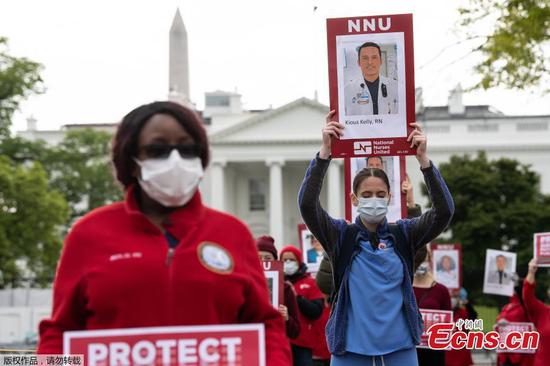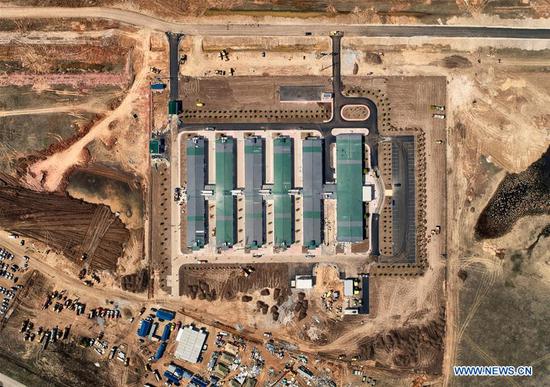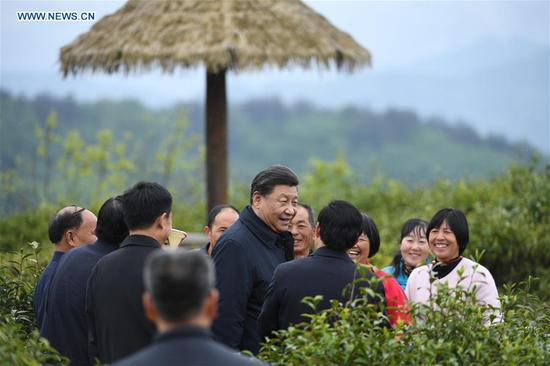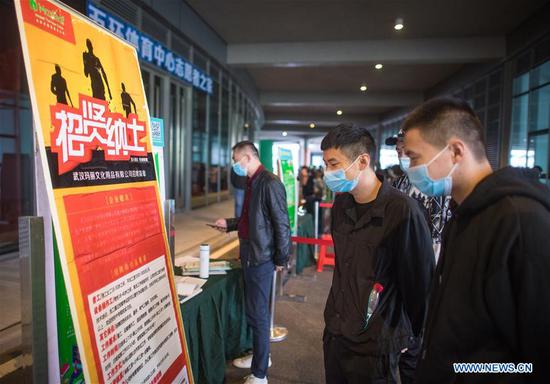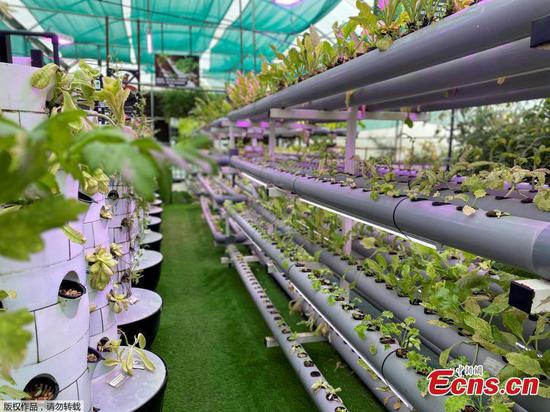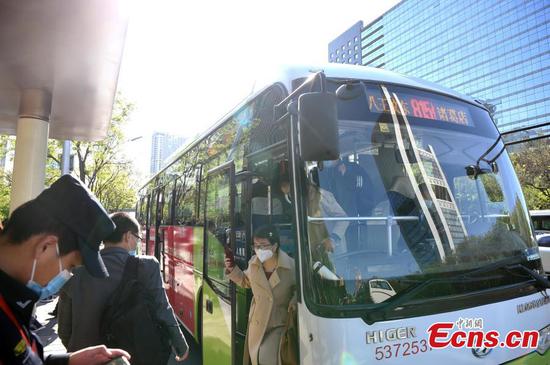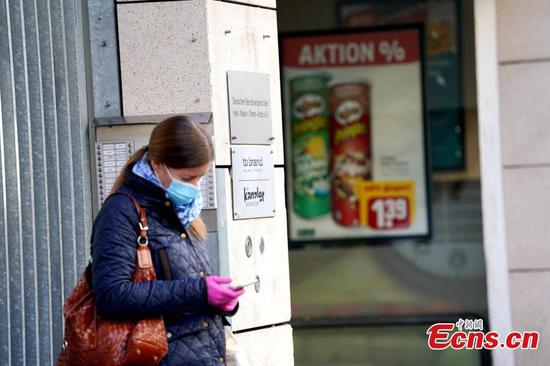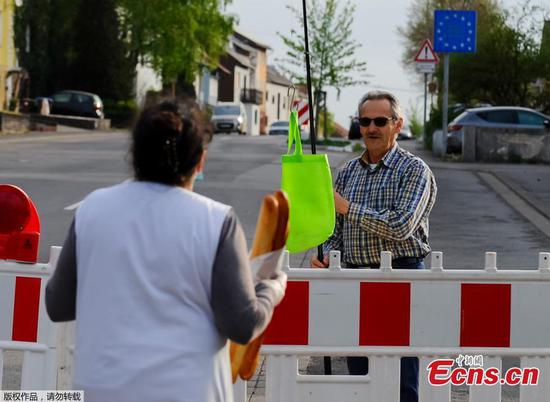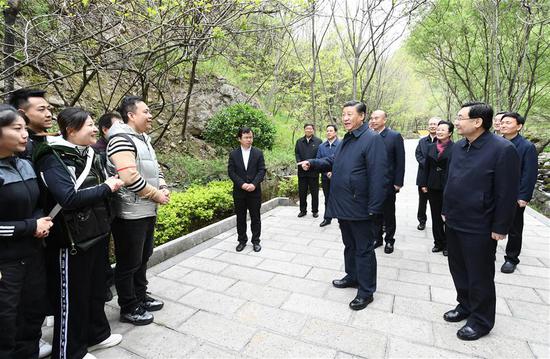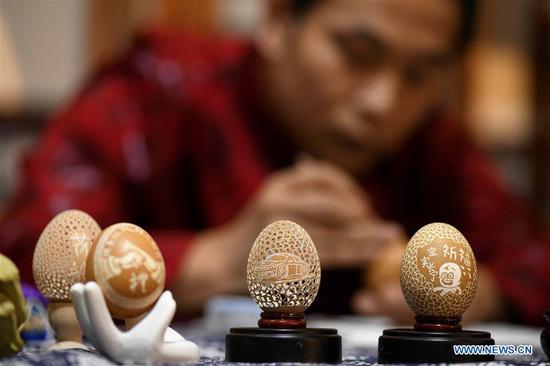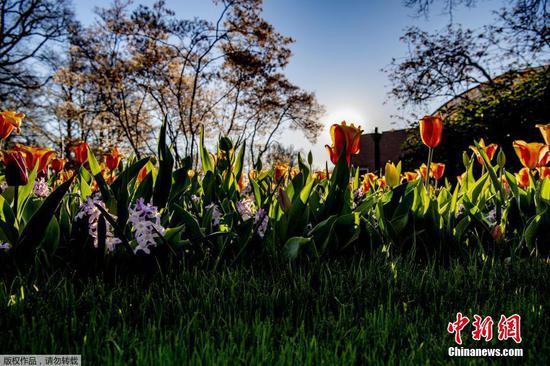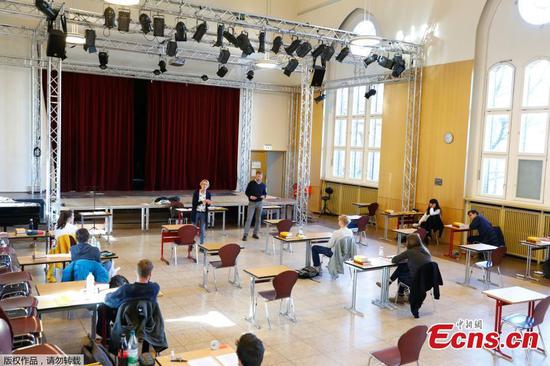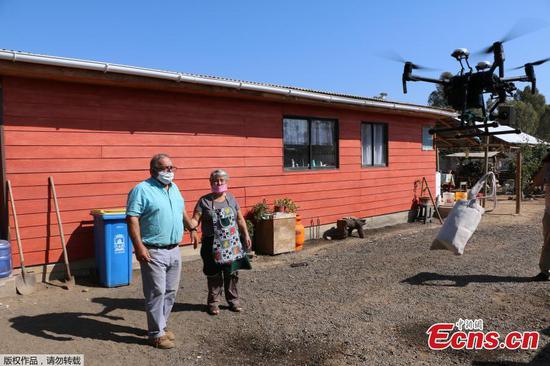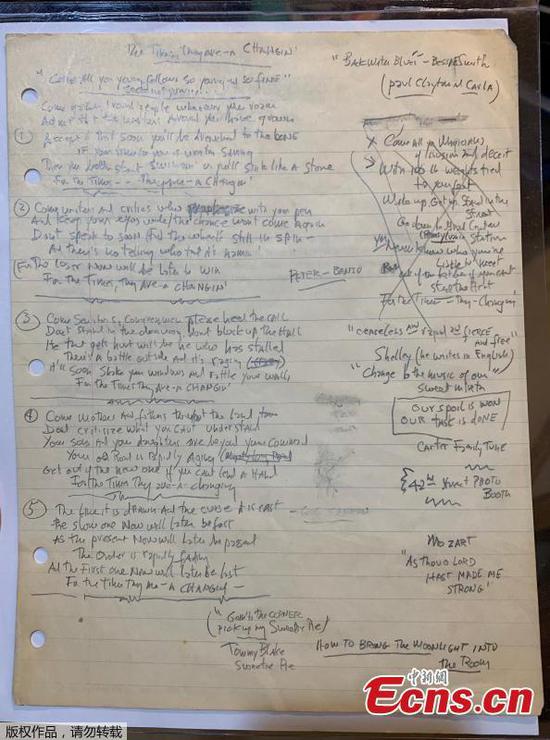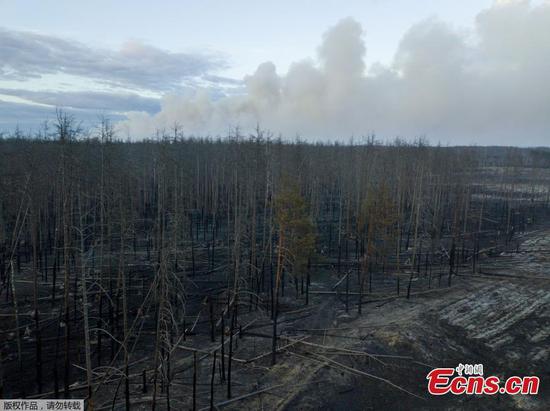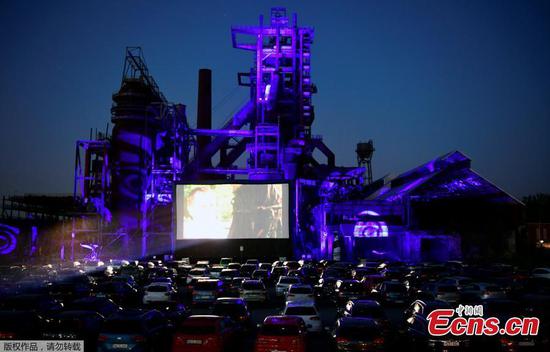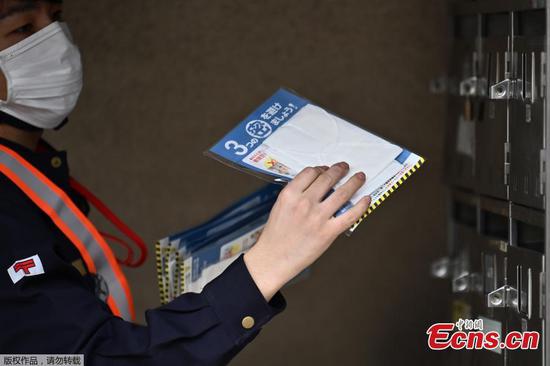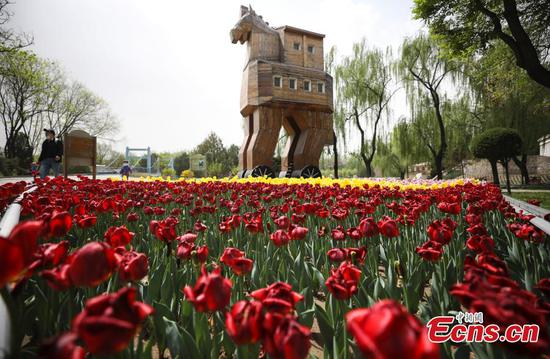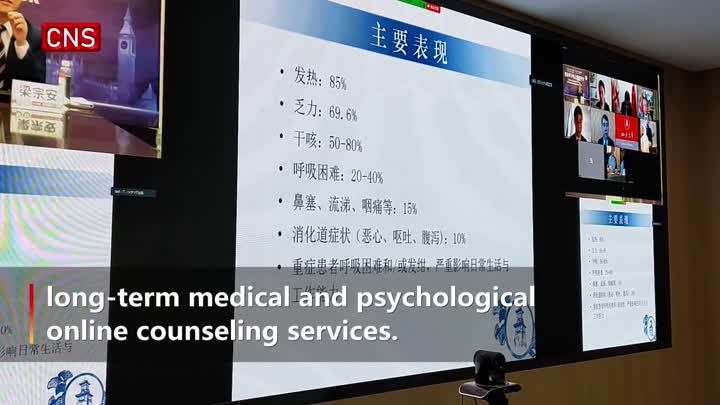China's private equity market is likely to rebound in the second half as the COVID-19 outbreak is gradually contained across the country, according to industry insiders.
"China's PE market will reembrace diverse opportunities after the epidemic. Similar to the SARS (severe acute respiratory syndrome) outbreak back in 2003, investments started to rebound in the fourth quarter of that year," said Li Chenghuan, partner at global management consulting firm Bain &Company.
Li said that China has explored new ways of living, working and investing amid the pandemic and has already adapted to such a "new normal" even if the contagion may still linger for some time.
"The country's leading funds are expected to survive more easily, be it from the pandemic or the economic slowdown. Their risk-resisting capabilities are comparatively stronger," Li added.
According to the latest report by Bain &Co, the country's PE market continued to shrink in the first quarter, with transaction volume and number of deals down 55 percent and 7 percent year-on-year, respectively.
The report expects total transaction volume to drop 15 to 25 percent this year while overall deals will be down between 1 and 5 percent.
"Despite the negative impact brought by the contagion, a string of industries has resumed work one after another with pent-up demand," said Zhou Hao, the firm's partner and head of private equity as well as merger and acquisition practice in China.
Zhou said sectors that are temporarily savaged by the pandemic such as catering are gradually recovering and others like home appliances will get a boost from pentup demand.
Catering is among the segments that have already seen a recovery in consumption. More than 55 percent of businesses in the catering sector have resumed operations and over 30 percent of restaurants have seen a surge in takeout orders compared to the pre-pandemic period, said on-demand services platform Meituan-Dianping.
"Notably, segments catering to the new generation of consumers, who have the main purchasing power these days, are likely to see rising consumption on the back of pent-up demand after the pandemic," said Zhu Danpeng, an independent food and beverage analyst.
It is entirely possible that many young consumers may have experienced restlessness, boredom and low moods due to restrictions on their free movement. Once the pandemic ends, they will instinctively figure out where the best deals are and go chasing them, Zhu said.









